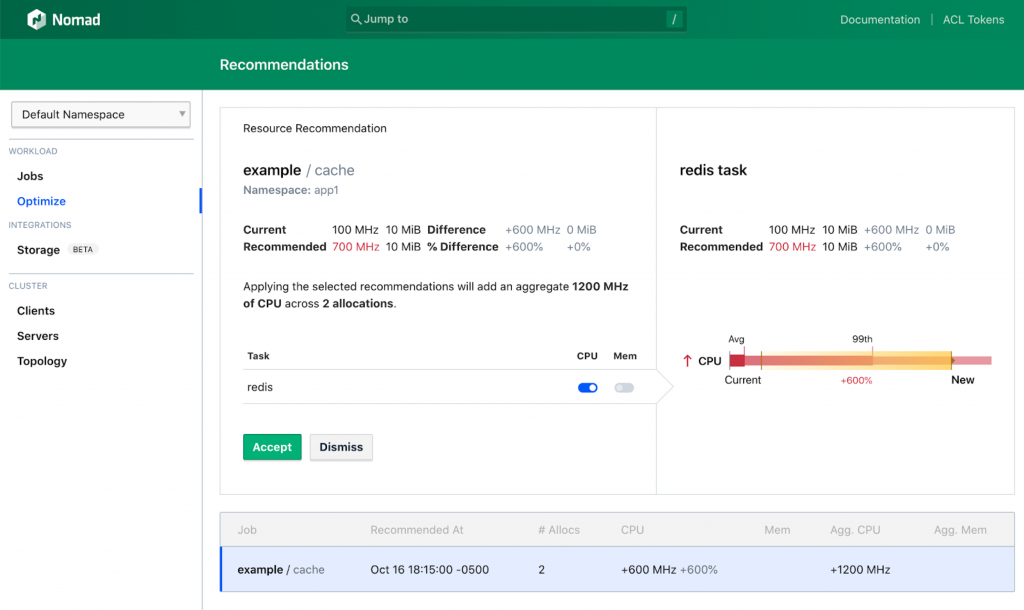HashiCorp Preps Nomad 1.0 Alternative to Kubernetes
HashiCorp announced today it is making available a public beta of the 1.0 release of its Nomad orchestration engine it says provides a simpler alternative to Kubernetes.
Amith Nair, vice president of product marketing for HashiCorp, says version 1.0 of Nomad represents a milestone in the development of its previously announced container orchestration platform, which is designed to appeal to development teams that don’t require every capability that Kubernetes provides or simply prefer an easier approach to orchestrating a small number of containers.
The latest edition of Nomad adds Dynamic Application Sizing for Nomad Enterprise, which enables organizations that adopt an enterprise edition of Nomad to optimize resource consumption of applications through sizing recommendations generated by Nomad. That capability reduced the need to rely on self-service portals that inevitably lead to overprovisioning and overspending, Nair says.
Dynamic Application Sizing monitors Nomad jobs, tracks resource usage and right-sizes applications using recommendations based on analysis of historical data. Application sizing can be customized to each enterprise’s needs, from the frequency of recommendations to sizing parameters.
HashiCorp is also adding support for an open source Namespaces module that enables jobs and their associated objects to be segmented from each other and other users within multi-tenant clusters.
HashiCorp is also adding an Event Stream capability that aggregates all high-level events to better understand how the Nomad cluster is performing in real-time; support for the HashiCorp Configuration Language (HCL2) syntax; and a Topology Visualization interface to provide IT teams with a graphical tool to observe the overall container environment.
Finally, HashiCorp has added Dynamic Envoy Versioning, which queries the Consul service mesh at runtime to launch a Connect sidecar proxy task based on Envoy open source software. It also has made it easier to create IP addresses via the Container Network Interface (CNI) or multi-host networks that are exposed and registered directly with Consul and enabled IT teams using Consul Enterprise to configure a single Nomad cluster to support a single Consul namespace.
The challenge many IT organizations are encountering with Kubernetes is that managing the platform can be a full-time job, says Nair—there’s no time left to accomplish other IT tasks.
In some cases, HashiCorp expects some organizations will opt to deploy Nomad alongside Kubernetes depending on the complexity of the orchestration requirement and the level of expertise of the IT staff, he notes.
Nair says HashiCorp also views Nomad as a complement to Waypoint, an open source project that provides developers a way to create a consistent workflow for building, deploying and releasing applications across any platform using a single file and single command.
It’s unclear to what degree Nomad will gain traction as an alternative to Kubernetes. However, it’s also apparent that more than a few IT teams are intimidated by the complexity of Kubernetes. There’s a clear need for an easier approach that in some cases might even prove to be a stepping stone to Kubernetes. Regardless of approach, as the number of containers deployed in an IT environment increases, the need to master orchestration becomes all the more pressing.





